
 The Scottish Government have indeed broken new ground with the National Care Service (Scotland) Bill. Never in the field of parliamentary scrutiny has a piece of legislation been so panned by so many so completely. The Bill was published by Humza Yousaf in June. It is currently being examined by Parliamentary Committees They asked for views, and boy did they get them. Seems a Bill to create an ill defined system based on outsourcing and delivering contracts not care has found few friends.
0 Comments
SCOTLAND NEEDS DEMOCRATICALLY CONTROLLED PUBLIC OWNERSHIP FOR ALL BASIC SERVICES - Pauline Bryan30/10/2022 For the past 10 years the Red Paper Collective has assessed the different options for Scotland’s future against three criteria:
EXECUTIVE SUMMARY
British people are facing an existential threat to their lives and living standards. The crisis is given visibility by escalating energy prices, but has been incubating since the late 1970s. It has been nurtured by neoliberalism and the state-corporations nexus, which has systematically sought to increase capital’s share of gross domestic product (GDP). Whatever else the SNP government’s new publication A Stronger Economy with Independence is about, it is not about independence. This publication, the third in the series would have an ‘independent’ Scotland firstly chained to the Bank of England by sharing a common currency with the remainder of the UK until (at some unspecified date in the future) it creates its own currency. This is necessary for the next big step in Scottish liberation – membership of the European Union.
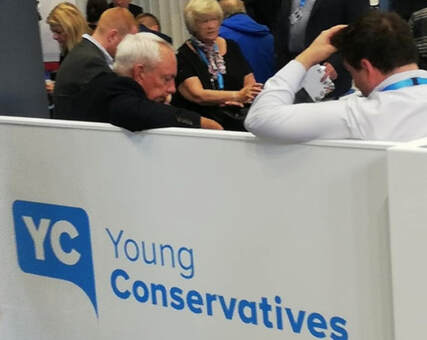 Forgive the allusion to Taranatino, but the recent Tory Party conference does indeed have more than a passing resemblance to that director’s Reservoir Dogs climactic standoff where the protagonists - all supposed to be part of the same gang - end the movie pointing guns at each other. While the specifics of the dispute are not in doubt – the market thumbs down to Truss’s mini budget that promised tax cuts without a reduction of public spending, leading to a collapse in the value of the pound and all that flowed from that – the underlying differences are debatable. On the one hand it has been portrayed as civilised one-nation Toryism versus feral capitalism. But as many of the anti-Truss Tory MPs have made clear, with the cost-of-living crisis dominating the lives of most working people, their opposition to the plans to remove the 45% rate of income tax on those earning more than £150,000 was about timing, not about scrapping the rate. 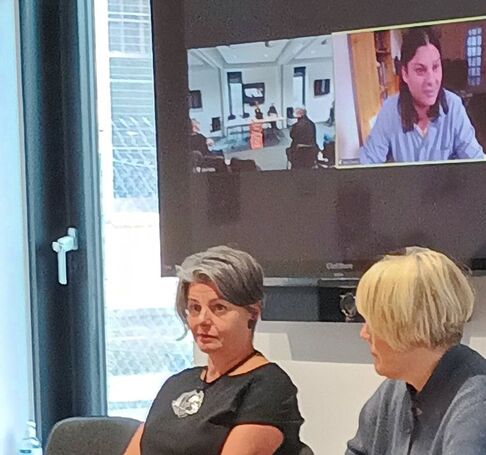 Pauline Bryan (right) speaking at the Morning Star Conference at the STUC 2nd October Pauline Bryan (right) speaking at the Morning Star Conference at the STUC 2nd October What seems like total chaos and a major crisis for most of us is money in the bank to others. The very people that Truss set out to help with tax cuts and reinstating banker’s bonuses are the ones who are sinking the pound. This confirms what we already knew, the state isn’t neutral, and neither are constitutions. Constitutions are framed by the powerful to serve their own needs and to shape the state for future generations. The fact that the UK doesn’t have a written constitution may in theory make it easier to change. On the other hand the British state is one of the most centralised in the western world. Ultimate power is theoretically concentrated in the sovereignty of Parliament.  Jimmy Maxton Jimmy Maxton Since Starmer blagged his way into the leadership of the Labour Party, there has been a lot of soul searching about whether socialists should remain in the Labour Party or even help build a left-wing alternative – less, I notice, consideration of joining existing left alternatives – more of them later. The British Left inside and outside the Labour Party have faced this dilemma time and again, but perhaps the consequences of adopting such a strategy have never been more dire than the Independent Labour Party’s disaffiliation from the Labour Party in July 1932, exactly 90 years ago. 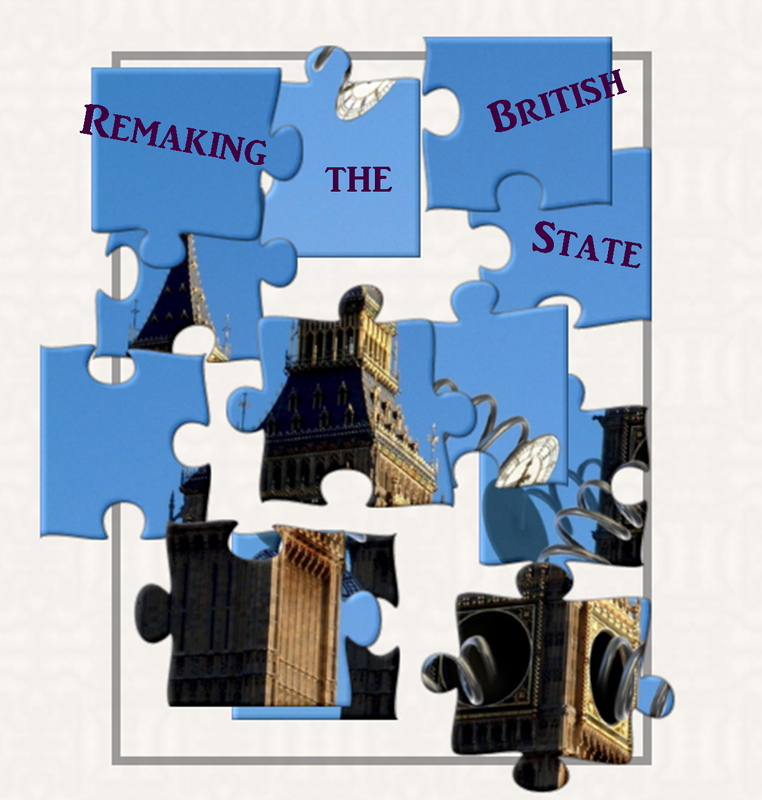 Brexit and the handling of the COVID 19 pandemic has brought into sharp focus the existential crisis facing the British state; it is plagued by huge economic and political imbalances, an inordinate centralisation of power and wealth, vast regional inequalities across the UK, and an empty commitment to devolution. |
Archives
July 2024
Categories
All
|
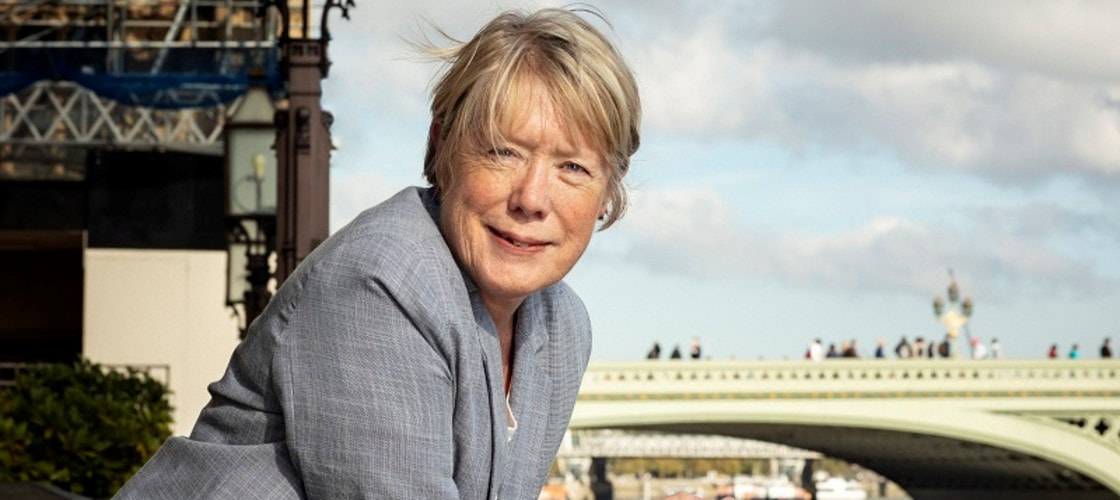
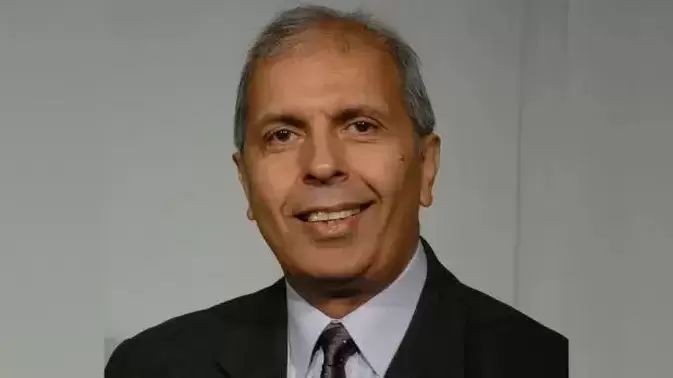
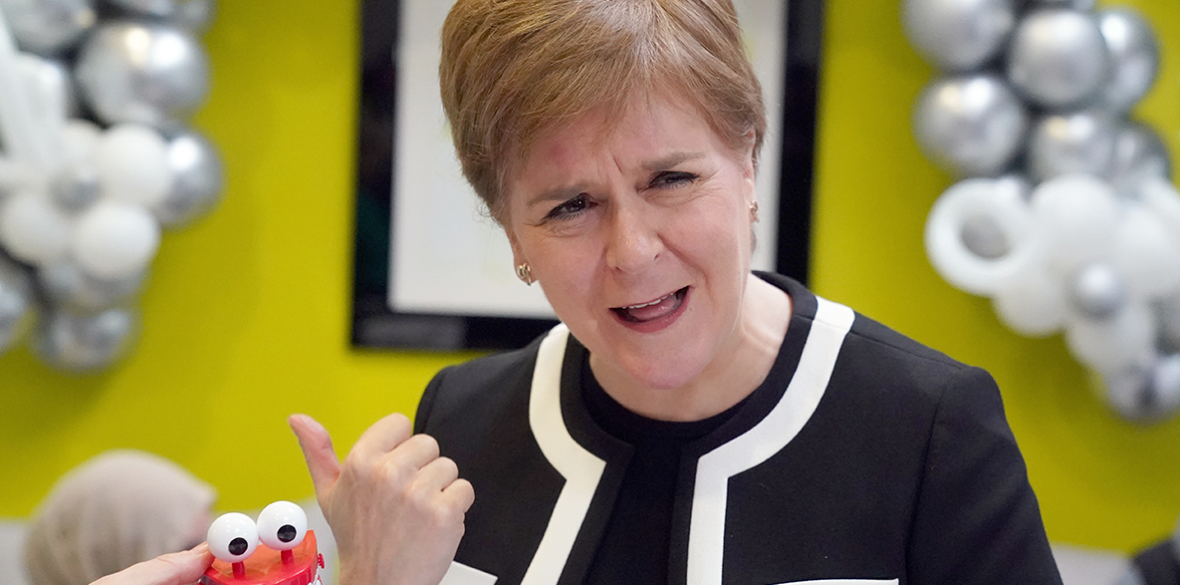
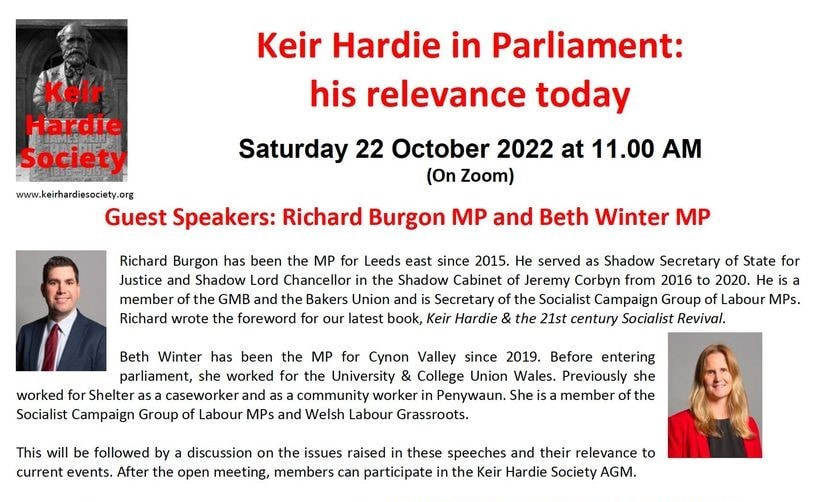
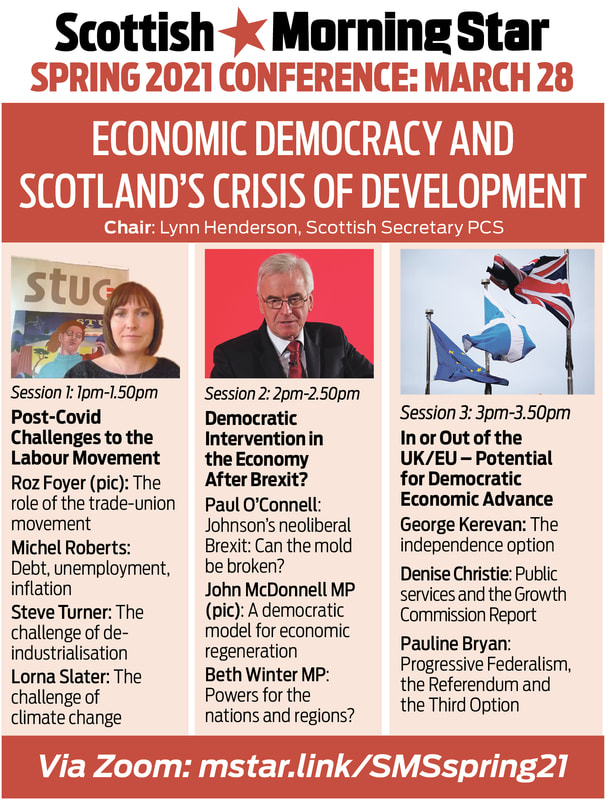
 RSS Feed
RSS Feed